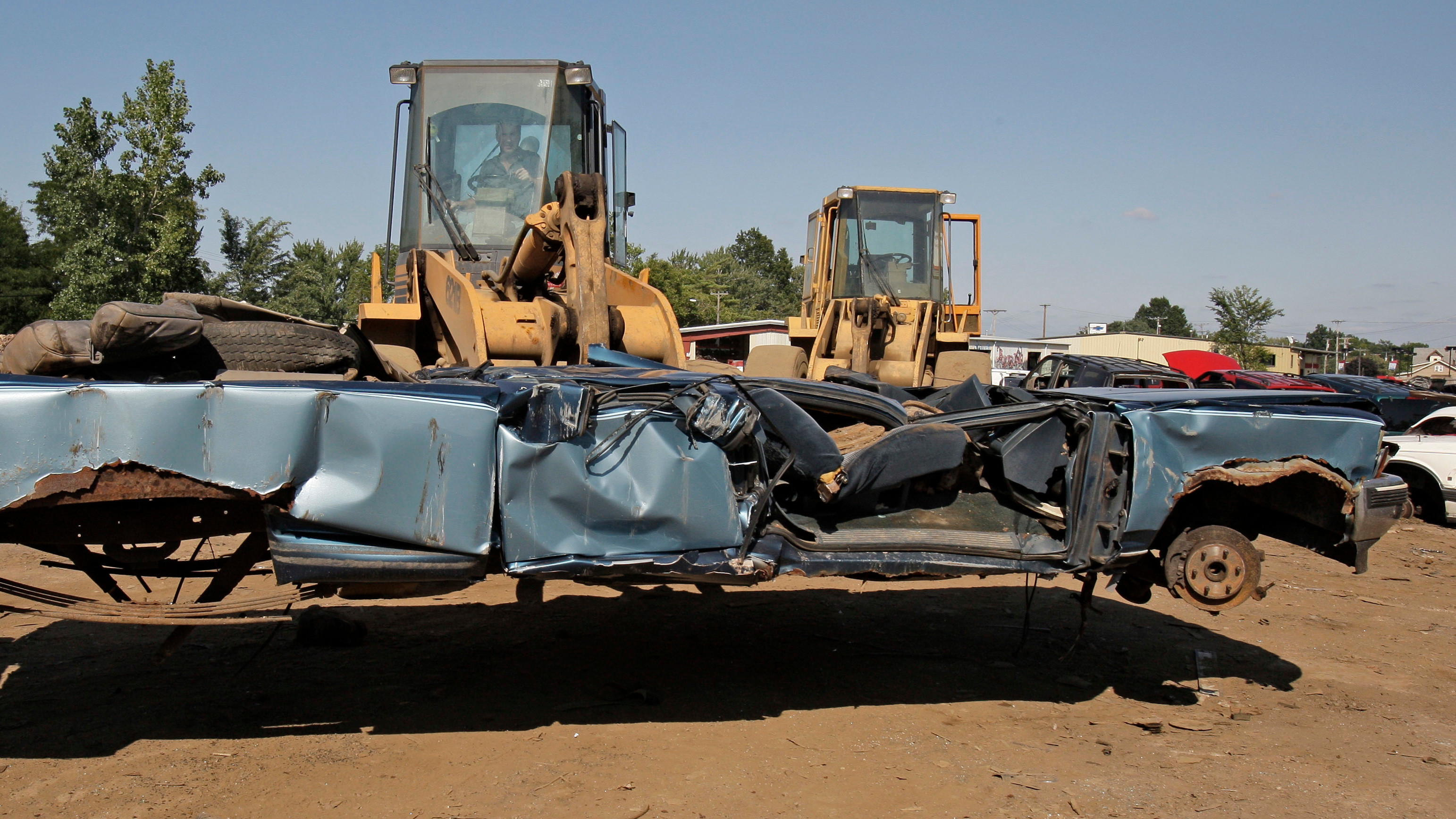Let's Not Do Cash For Clunkers Again
The Car Allowance Rebate System was a $3 billion program to spur the sale of new, more-efficient cars and rejuvenate a depressed economy, which lasted from July of 2009 through late August of the same year. Though the program lasted less than two months, it had long-reaching effects in automotive culture and the used car market that lasted years.
In the wake of an automotive industry reeling from the effects of coronavirus and self-quarantine, Adam Jonas, a Morgan Stanley analyst has posited that a possible Trump administration move to re-invigorate the industry would be a revival of the Obama-era Cash for Clunkers program. New car sales in the U.S. were already trending downward for 2020 before the viral spread with most sources indicating a projected 1 to 2 percent decline. In the post-COVID-19 world those same projections have moved to a 9 percent dip for the year.
Considering the massive decline that China has seen recently, showing a 79 percent decline in new car sales year over year, it could get much worse before it gets better.
General Motors spokesperson Jim Cain told Reuters that sales have thus far remained strong, but "We'll have to see how long this crisis lasts. It stands to reason that sales would fall in some markets as people are putting basic needs first."
A Buick GMC dealer in Michigan has reported that it has seen 30% fewer customers in March thus far, while the service department's sales are down 40%.
We should be very careful before instituting a new C4C-style trade-in program, however, as it comes with many trade-offs. While the program did help some Americans afford a new automobile, and was a boon for carbon emissions reduction in this country, it wasn't all sunshine.
The new car industry rose at the cost of the used car industry. As independent used car dealers watched their pool of potential inventory dry up, hundreds went out of business. For America's working class, it meant a massive increase in the base price of modest transportation. With a dearth of used cars on the market, demand outstripped supply and suddenly a decade-old V6 Dodge Caravan went from being a two grand to six seemingly overnight.
Americans already can't afford their car payments. Let's not rush into pushing hundreds of thousands more of them into a new car. Especially when it comes with a $3 billion bill for taxpayers.
Bail out the hard-working Americans who are out of work, not the industries that put them there. If we can afford to live, then perhaps we'll start buying cars again.
